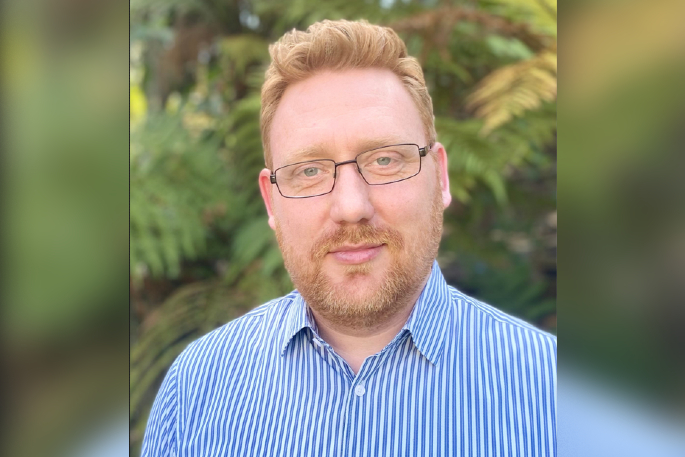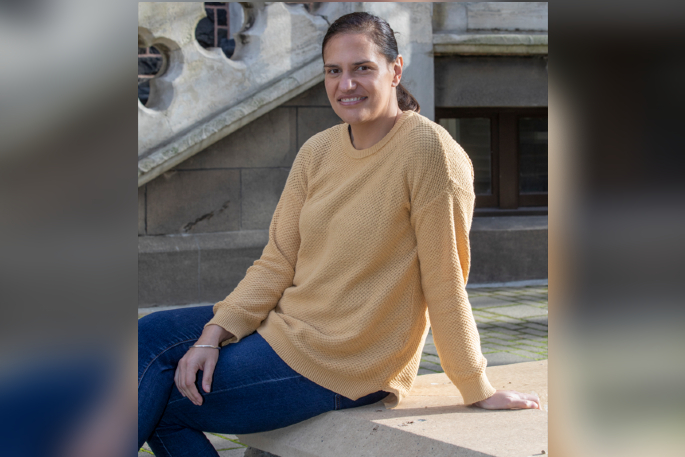A light is being shined on stomach cancer to highlight factors behind stubbornly high rates of the disease in Māori and Pasifika communities.
Although incidence rates of stomach cancer are reducing globally, overall survival rates remain among the poorest for all cancers, with just 29 per cent of patients surviving beyond five years after diagnosis, says a statement from the Gut Cancer Foundation.
The Cancer Control Agency State of the Nation Report also identified stomach cancer as one of the cancers with the highest disparity in both incidence and outcomes between Māori and non-Māori.
This means while stomach cancer in Pākehā and Asian populations in New Zealand is declining, the overall rate of occurrence among Māori and Pacific peoples remains significantly higher (62 per cent) than the population average (18 per cent) – and three times greater than people of European ethnicity.
There are two types of stomach adenocarcinomas, which account for around 95 percent of all stomach cancers: diffuse-type stomach cancer and intestinal-type stomach cancer. Of the two, diffuse-type stomach cancer, tends to be more aggressive, and Māori are among the few populations in the world for which diffuse-type is more common than intestinal-type. This is partly attributable to inherited CDH1 genetic variants discovered in some whānau.
Dr Karyn Paringatai, an Associate Professor in Te Tumu – the University of Otago's School of Māori, Pacific and Indigenous Studies, is particularly close to the issue, as her whānau (extended family) is affected by the genetic variant.
Karyn leads a research study aimed at emphasising the potentially life-saving benefits of reconnecting with your whānau and your whakapapa (genealogical knowledge).
'My research has been focussed on the Māori experience of the CDH1 gene mutation and how it affects whānau Māori across Aotearoa.
'Some Māori are reluctant or hesitant to engage with whakapapa to learn where they come from and who they are descended from, but this knowledge is critically important if we are to improve health outcomes for Māori affected by these hereditary diseases.”
Another researcher involved in the campaign is Gut Cancer Foundation scientific spokesperson Dr Sharon Pattison, whose Dunedin-based laboratory focuses on stomach cancers.
She agrees a better understanding of whakapapa and knowledge of one's family cancer history would help people think about their own cancer risks which would also help doctors more accurately diagnose these types of cancers.
'One of the biggest challenges we have in New Zealand is our unique gastric cancer epidemiology. Most of the research that determines how we treat these cancers in New Zealand is based on overseas populations that are quite distinct from our genetic make-up. If we keep using treatments that have been developed elsewhere, we risk making health outcome inequities worse here in New Zealand.”
'We are grateful to be working with researchers such as Dr Paringatai and Dr Pattison to help raise awareness about the campaign,” says GCF executive officer Liam Willis.
'We need to shift the dial on a disease with highly inequitable outcomes and a disproportionate effect on Māori and Pacific communities. Māori in particular are being hit with a double whammy, and so much of the suffering and loss whānau are dealing with is preventable through awareness and action.
 GCF executive officer Liam Willis. Photo: Supplied.
GCF executive officer Liam Willis. Photo: Supplied.
Liam says whilst it is vital to raise the issue of inequity with regards to Stomach Cancer in New Zealand, it's important to remember this is a disease that could affect anyone and that we are all aware of the signs, symptoms and any family history that may pre-dispose us to this disease.
'We urgently need to support more New Zealand-specific research to, amongst other things, identify the other elements, risks, and factors that are causing such a high incidence of diffuse-type stomach cancer in New Zealand.”
The Gut Cancer Foundation's Stomach Cancer Awareness Campaign in August promotes awareness about the two major types of stomach cancer in New Zealand and seeks to address the considerable inequities in outcomes for Māori and Pasifika.
To find out more about the campaign and how people can help raise awareness, head to https://www.gutcancer.org.nz/gut-cancers/stomach-cancer/



0 comments
Leave a Comment
You must be logged in to make a comment.